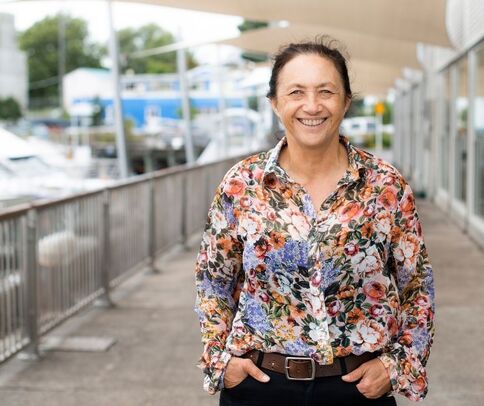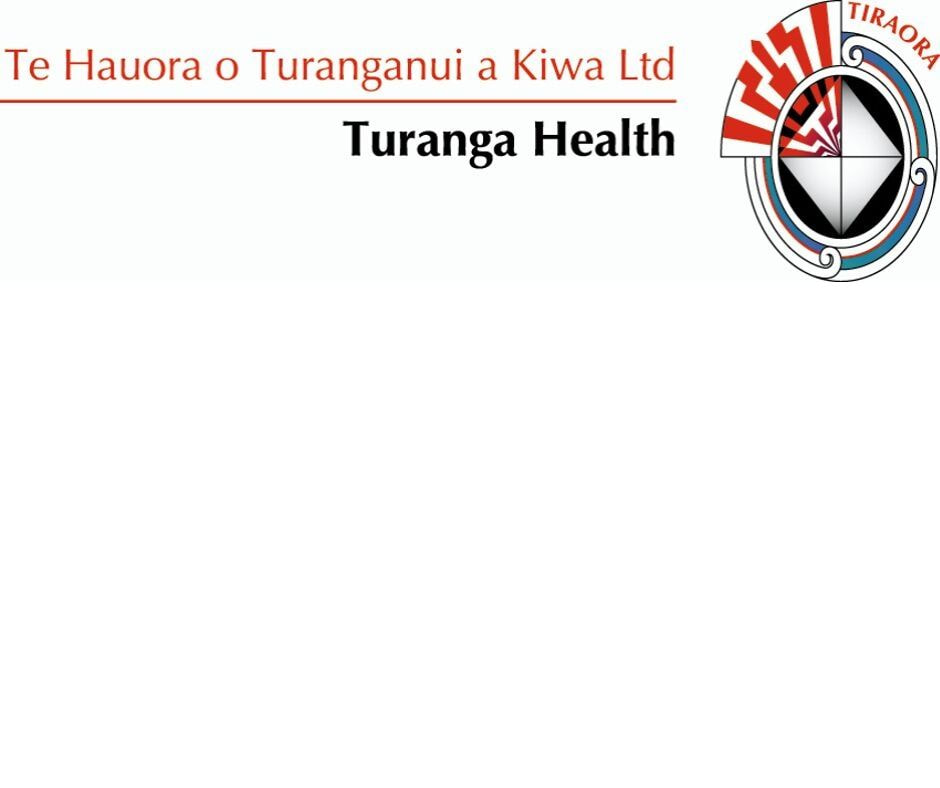 Turanga Health’s senior researcher Dr Shirley Keown breathed a sigh of relief then rang her boss when this year’s budget scrapped the $5 prescription charge for medicines. She knew the fee was damaging the health of vulnerable populations because she was a researcher in the Otago University FreeMeds study that proved it. “It’s just amazing to know that you have contributed to something that is going to have positive outcomes for whānau.” The study Dr Keown contributed to was published in the journal BMC Health Sciences Research and involved whānau from Tairāwhiti and other regions. It proves prescription fees are a major barrier to accessing health services and this leads to patients in vulnerable populations facing worse health outcomes. [See below]] Currently, people pay $5 for each new prescription item. “You pay a small contribution to the cost of the medicines prescribed by your doctor — which is $5 for most items. If your medicine is not fully subsidised, you might have to pay more.” Dr Keown says the current system was not supporting Māori to live long and healthy lives. “Māori didn’t seem to have full access to medicine and health care they are entitled to, and that really annoyed me. I needed to red flag this somewhere, and my earlier research and now this, is how I’ve done it.” Dr Keown, Rongowhakaata, is a senior researcher, clinical mentor, and quality manager at Māori health provider Turanga Health. Before taking part in the prescription copayment research, she earned her doctorate through the Otago University School of Pharmacy with a body of research looking at how Māori with type 2 diabetes access and use medicines they’re prescribed for the disease. Dr Keown has always hoped the research she’s involved in will lead to practical solutions for improving Māori health. “It was a hard slog to get this one over the line but once it materialized and was tangible, we knew we were on to something.” The researchers lobbied hard for the Ministry of Health and Pharmac to read the study. “The communities know that copayments are a barrier, but we needed to make sure others knew. We had to build the case. We didn’t want it sitting getting dusty on a shelf somewhere.” On the day of this year’s budget announcements, Finance Minister Grant Robertson referenced the study. He said, “the Otago University study that we based a lot of our decision-making on indicates that there is a significant cost where people don’t pick up their prescriptions and end up back in the health system.” Dr Keown says when she heard the news she immediately contacted Turanga Health chief executive Reweti Ropiha. “Boom! That’s what he said. Boom, and I couldn’t agree more.” Cost preventing patients from accessing medicines Between February 2020 and January 2021, researchers from University of Otago, Turanga Health and Victoria University looked at whether exempting people with high health needs and living in areas of high deprivation from a $5 charge reduces hospital use. The 1061 participants recruited were randomly split into two groups, an intervention group, that had their prescription copayments paid by the research team during the trial, and a control group that did not. Results of the study, published in the journal BMC Health Services Research, revealed the intervention group members were much less likely to be hospitalised during the trial. For every 100 people who received free prescriptions, 33 were admitted to hospital and stayed for 208 days. For every 100 people who still had to pay the $5 charge, 41 were admitted to hospital and stayed for 326 days. There were also statistically significant reductions for the intervention group in the number of hospital admissions for mental health problems and chronic obstructive pulmonary disease (or COPD) plus reductions in length of stay for COPD. Researchers involved in the study were Pauline Norris, Kim Cousins, Simon Horsburgh, Shirley Keown, Marianna Churchward, Ariyapala Samaranayaka, Alesha Smith and Carlo Marra. Dr Shirley KeownDr Shirley Keown has for a long time been recognised as one of Tairawhiti’s most senior nurses and health programme managers.
After working in hospitals in Wellington, Auckland and Gisborne, she came to Turanga Health in 1999 and created its Well Child Tamariki Ora programme which now looks after nearly half of the 700 babies born in Gisborne every year. In 2007 she led the organisation to achieve its first accreditation. Already armed with a Bachelor of Nursing, Dr Keown added a Master’s in health science to her qualifications in 2007, and has earned all the university-level pharmacology papers she needs should she decide to become a nurse prescriber. In 2020 she graduated with her doctoral research degree. Dr Keown is now supporting Turanga Health with three prominent nationwide studies. The first is looking at the ongoing impacts of Covid-19 and future pandemic responses. The second study, funded by Health Research Council of New Zealand, is looking at how iwi health providers can measure the impact and social value of their activities. The third study has been following whānau over a year to understand their experiences of accessing healthcare and medicines.
2 Comments
7/6/2023 12:22:04 am
Well-written and very informative one. Thank you for sharing.
Reply
7/31/2023 06:28:38 pm
It proves prescription fees are a major barrier to accessing health services and this leads to patients in vulnerable populations facing worse health outcomes
Reply
Leave a Reply. |
Media Releases
Email us if you want to receive our media releases. Archives
February 2024
|


